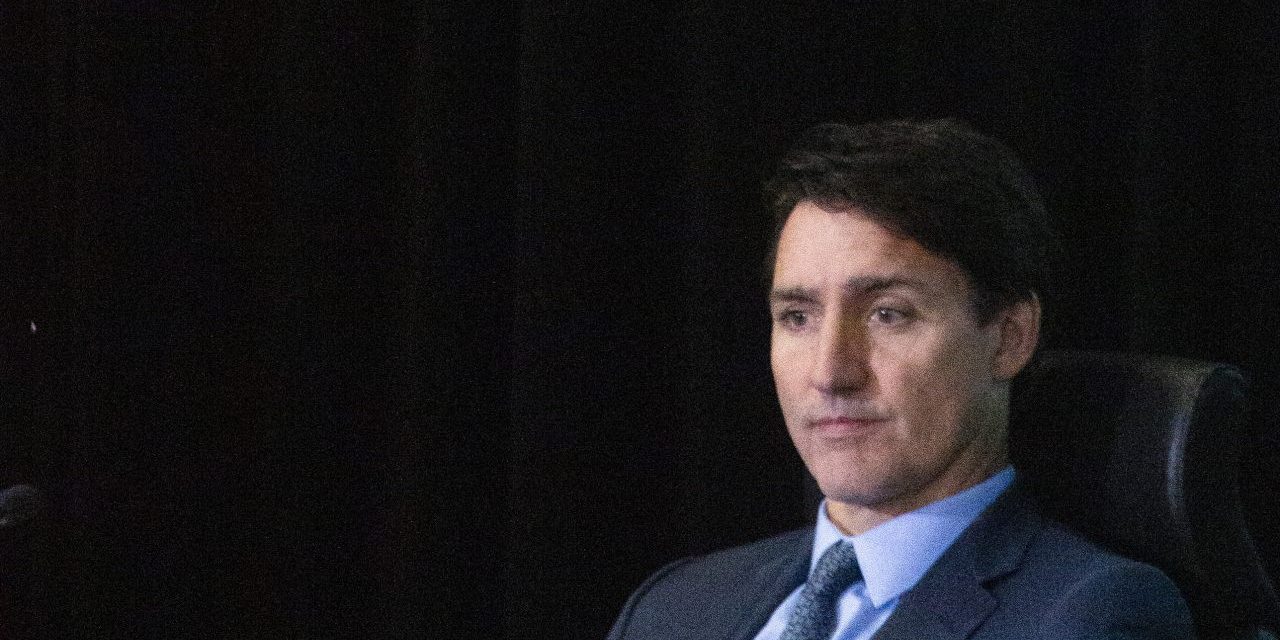Canadian politicians should get real about India

OTTAWA—That Prime Minister Justin Trudeau is finally taking steps to expel India’s interfering diplomats is a good news/bad news story. It is also a warning to Canadian politicians to stop chasing parochial agendas.
First, the good news. Despite the incessant bungling, our security apparatus does indeed work. Not only that, it also appears to be quite thorough, patient, and diligent in executing its duties.
On Oct. 14, the RCMP disclosed India’s activities, alleging an “extraordinary situation” of serious criminal activity covering homicides, violence, coercion, extortion, arson, and organized crime along with interfering in our electoral processes.
That same day, Canada announced the expulsion of India’s High Commissioner Sanjay Kumar Verma and his underlings as persons of interest. The Canadian Security Intelligence Service and RCMP have been aware of India’s plans to sow chaos here for awhile, and would have known the full details when Indian nationals murdered a Canadian citizen in June 2023.
But they did not go public with it. They followed diplomatic protocol. As the Washington Post reports, Canada’s national security adviser, Nathalie Drouin, and top RCMP officials met with India’s national security adviser Ajit Doval in Singapore on Oct. 12 to share the evidence and seek co-operation with the Canadian investigation. This is what India had always demanded.
But India decided to throw protocol out the window, proceeding instead with propaganda exercises to malign Trudeau and Canadian Sikhs. That’s what India’s Prime Minister Narendra Modi and his Home Secretary Amit Shah typically do. Like right-wing populists elsewhere, they accuse others, and go on the offensive with highly personalized attacks.
Thanks to Canadian due diligence, it’s not working this time. The RCMP’s list of allegations against Indian diplomats and consular officials is specific, detailed, and lengthy.
The question is: how did we end up in such a degraded state of bilateral affairs in the first place? India has long been considered a friendly, congenial country.
That’s where the bad news comes in.
Canadian prime ministers have not treated India as a separate, independent actor with its own self-interests. They have wrongly assumed that—perhaps because it’s also a member of the Commonwealth—India is on the same foreign policy page as we are. Our leaders have used India-Canada relations primarily to pull and steer diaspora voting patterns.
Trudeau’s 2018 trip to India—when he dressed as a modern maharajah—is a good case study. Despite being humiliated by the Modi government and its sycophantic media during that trip—and again in 2023 at the G20 Summit—Trudeau kept seeing India as a partner. He even devised his now ineffective Indo-Pacific strategy to tackle China by counting on India as a key companion.
This could be brushed off as political naiveté. It is not. It is a neocolonial mentality that assumes countries like India don’t have their own objectives.
It turns out India does not share Trudeau’s ideological preoccupations for Western-based alliance building, or the rules-based order. Unlike Trudeau, India has shown no hostility against China, Russia, or Iran. Quite the opposite, it maintains affable relations with them bilaterally, and through forums like the Association of Southeast Asian Nations, and the Shanghai Cooperation Organization to name a few.
Canadian politicians should get real about India. It is no longer the non-aligned secular democracy of the post-independence era. Modi has steadily transformed the country into a radical and illiberal authoritarian state with Hindu-majority ethnonationalism as its philosophical tether. Transnational repression is part of the playbook.
It’s too late for Trudeau to make the necessary shifts. As testimonies at the Hogue Commission reveal, he and his advisers have either ignored or done nothing about warnings of India’s ceaseless meddling. Were it not for the timely insistence by the NDP Leader Jagmeet Singh, they probably would not have included India in the Commission’s final mandate. They were fixated on China and Russia.
Maybe Conservative Leader Pierre Poilievre will make changes to our foreign policy? His behaviour, however, suggests otherwise. Intelligence agencies have alluded that he may have benefitted from Modi’s operations. He could review those reports, and put the innuendos to rest, but he refuses to get the security clearance to do so. He has yet to speak out specifically against Modi.
Canadian politicians need a reality check. Geopolitics is no longer overseen by the old colonial controls, and instead hinges on regional centers of economic power. In this new multipolar world, there are no friends or allies, only political stakeholders safeguarding their national interests.
It is about time our politicians did the same with policies that prioritize Canada over its alliances, and social cohesion over vote grabbing. Our sovereignty and global reputation depend on it. As the RCMP’s criminal allegations have confirmed, so does our domestic security and personal safety.
We can start with a non-partisan pledge to implement the Hogue Commission’s recommendations as they come in. And, to be safe, we should also catch any lobbyists, think tanks, and foundations who front for foreign governments. The ousted Indian agents are a good reminder that while Modi may have pulled the strings, it was local Canadian proxies who did the dirty work.
Bhagwant Sandhu is a retired director general from the federal public service. He has also held executive positions with the governments of Ontario and British Columbia.
The Hill Times






 LICENSING
LICENSING PODCAST
PODCAST ALERTS
ALERTS


